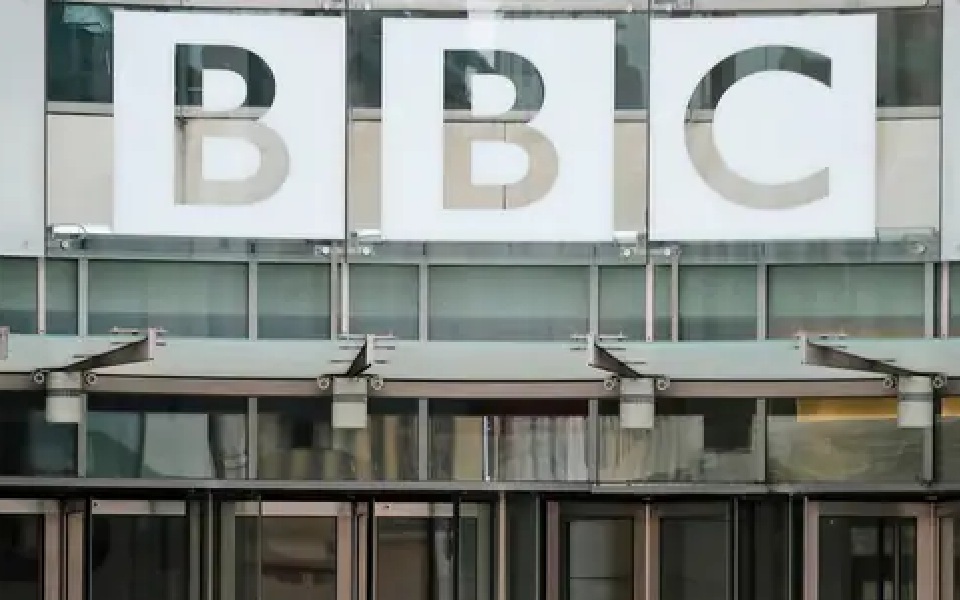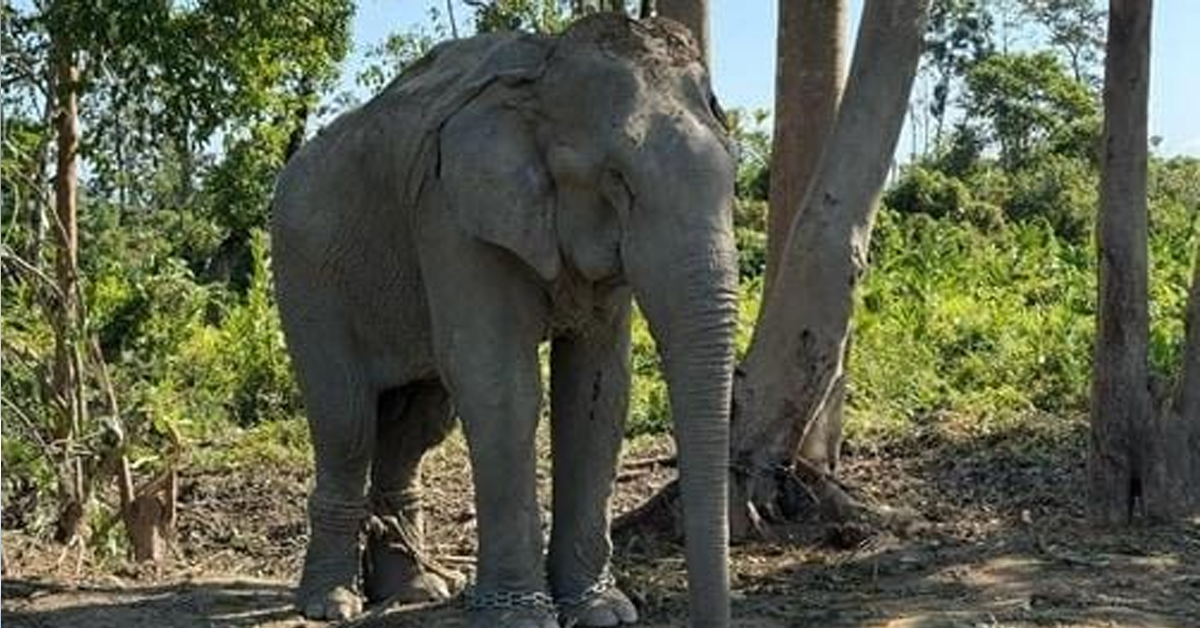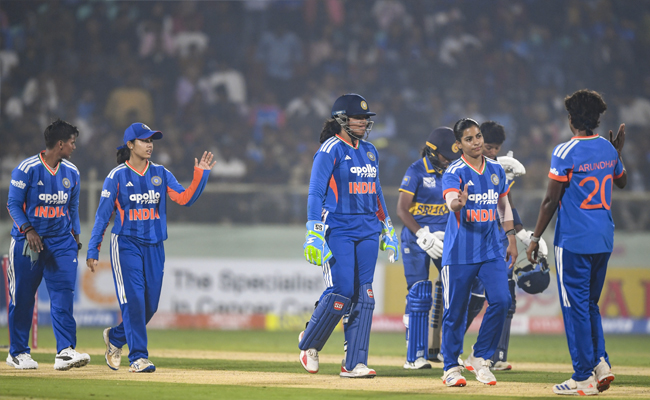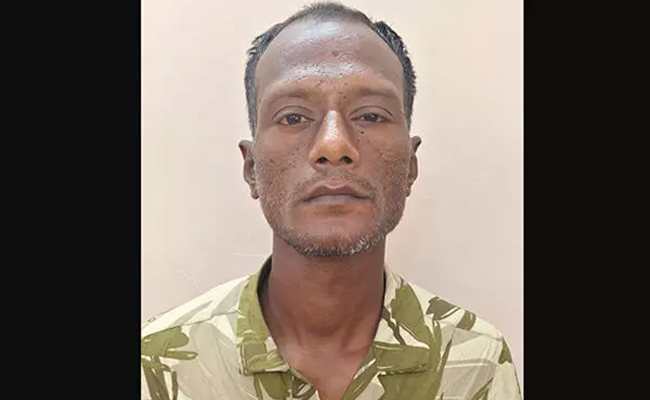Over 100 BBC employees have accused the network of favoring Israel in its reporting on the Gaza conflict, citing a lack of "accurate, evidence-based journalism." In a letter sent to BBC Director General Tim Davie and CEO Deborah Turness, critics argued that the broadcaster’s coverage fails to hold Israel accountable and lacks essential journalistic standards.
First reported by The Independent, the letter, signed by over 100 anonymous BBC staff along with more than 200 figures from media, academia, and politics, expressed deep concern over what they describe as "systematic dehumanization" of Palestinians in BBC coverage. The letter emphasizes that gaps in critical analysis of Israeli claims have broader implications, affecting public perception and accountability.
The conflict, which has seen at least 43,259 Palestinians killed and 101,827 wounded in Gaza since October 7, 2023, also resulted in the deaths of an estimated 1,139 Israelis during attacks by Hamas that same day, with over 200 people taken captive.
The signatories requested specific editorial changes, including transparency about Israel’s restricted access to Gaza for foreign journalists, clearer labeling when evidence supporting Israeli claims is limited, and consistent historical context in reporting. They also urged the BBC to rigorously question Israeli officials in interviews to ensure balanced coverage.
Let the Truth be known. If you read VB and like VB, please be a VB Supporter and Help us deliver the Truth to one and all.
Pilibhit (PTI): A 19-day-old elephant calf, brought from Bijnor, was placed under care at the Pilibhit Tiger Reserve (PTR) on Sunday, an official said and added that the calf got separated from its mother in the forest area of Bijnor.
The calf was born on December 2 in the Bijnor forest area and got separated from its mother shortly after birth, the official said.
The forest department made several attempts to reunite it with its mother, but without any success. To ensure the calf's safety and better care, it was decided to transfer it to the Pilibhit Tiger Reserve on the instructions of senior officials.
On Saturday, Deputy Director Manish Singh received the calf. Special arrangements have been made in the reserve for its care. It has been kept in a safe and clean environment to provide it with a natural setting and protect it from external noise and disturbances.
Singh told reporters that raising an 19-day-old calf is challenging.
It requires a special diet as a substitute for mother's milk and constant monitoring.
He said a special team has been formed to provide 24-hour care. Since the calf is very young, it is being cared for like a newborn baby.
According to Singh, the primary responsibility for monitoring the calf's health has been entrusted to PTR's veterinarian, Dr Daksh Gangwar. Under his supervision, a complete record of the calf's health checkups, diet, and body temperature is being maintained. The team is ensuring that the calf does not contract any infection.





